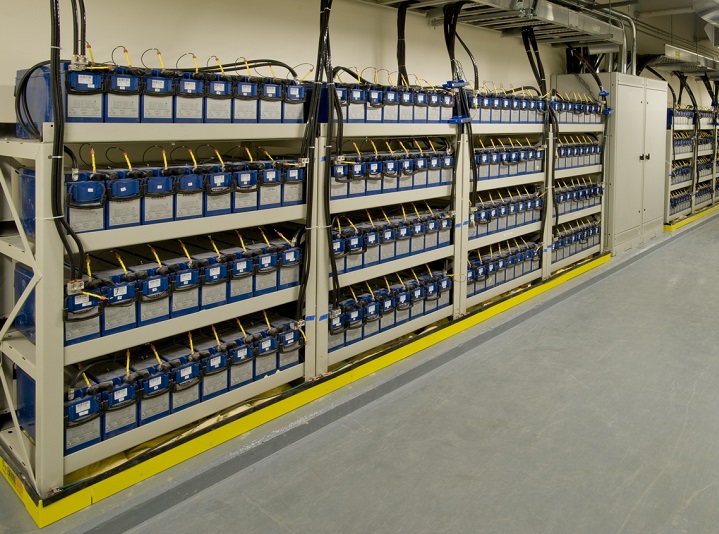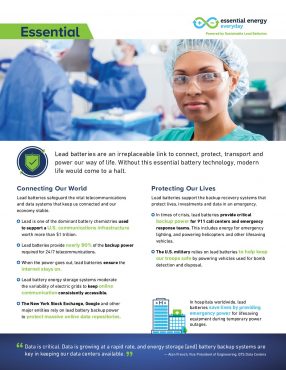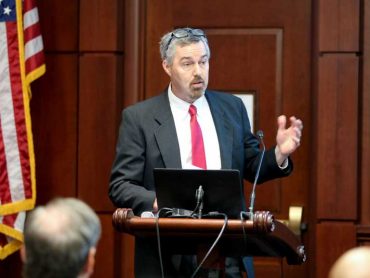Lead batteries safeguard vital communications, reliably power our transportation and logistics networks, and support backup power systems that protect lives, investments and data in an emergency.
California’s Wildfire Season Nears: Legislature Must...
Our guest blogger, Roger Miksad, executive vice president of Battery Council International, recently authored an op-ed in Capitol Weekly,...
Essential Insights
May 26, 2020











